Registering your Cellular Booster
FCC regulations require the registration of your cellular booster. This is a simple process, typically done on your cellular carrier's website. But some nomads may wonder if it really matters or if they should bother.
Cellular Booster Registration Requirements
Since 2014, all boosters for use in the US come with a mandated warning label:
“BEFORE USE, you MUST REGISTER THIS DEVICE with your wireless provider and have your provider’s consent. Most wireless providers consent to use of signal boosters. Some providers may not consent to the use of this device on their network. If you are unsure, contact your provider. You MUST operate this device with approved antennas and cables as specified by the manufacturer. Antennas MUST be installed at least 20 cm (8 inches) from any person. You MUST cease operating this device immediately if requested by the FCC or a licensed wireless service provider.”
This label was based on a cellular booster ruling in 2013 by the FCC. It went into effect on May 1, 2014. On this date, the FCC outlawed sales of older booster models and paved the way for the next generation of cellular boosters designed to reduce the potential for causing interference to wireless networks.
In 2018, the FCC updated its booster guidance, eliminating the restriction that boosters are for personal or enterprise use only - this allows businesses to use consumer boosters. However, the requirement for user registration remains.
If you're a member, please log in above to see your exclusive content.
Don't need a membership? Other ways you can support our work here:
-
As seen in our videos!
-
Get a FREE Month of Starlink!
And our team will get one too!
-
Get a FREE Month of T-Mobile Unlimited Data
Join the Calyx Institute, and get a bonus month - and we do too!
-
Save $20 on Visible
Verizon's prepaid phone plan, we also get a $20 credit.
-
Leave a Tip!
Send our team some beer money!!
-
Share About Us!
Link to our content, tell others about MIRC. It's Free!
It is with huge gratitude to our members for making the free unbiased educational content on our site possible. We're not sponsored, you'll find no 3rd party ads and we don't sell gear or data plans.
Our members get exclusive access to our in-depth content, classrooms, vendor discounts (that can save you more than membership!), alerts, insider info and interactive guidance. They can even book private advising sessions.
If mobile internet is an important part of your lifestyle, consider helping make MIRC possible by joining or supporting our mission.
Luckily, all the major carriers have issued blanket consent for the use of FCC-approved boosters on their networks, so you don't need to ask any of the carriers for permission.
But that doesn’t get you off the hook from registering with them- technically.
However, over the years since the regulation came out, we've seen no active enforcement of the policy. Under the rule, booster registration is still on the books as a requirement - but it may matter less than ever that you make the effort to register.
If you decide to register - How? Where?
And what will happen to you if you don’t register?
These rules, even years later, are still confusing and often unknown even to the “advanced” support desks at the major wireless carriers. Calling and asking for advice about "booster registration" will get you sometimes hilariously inaccurate and often conflicting information. Stopping into the carrier stores will just get you blank stares.
We’ve done the research and have tracked down all the critical details for cellular booster registration for all the major carriers.
Cellular Carrier Registration
Most registration forms reside on the major carrier's websites. Prepaid carriers tend to point to their post-paid counterpart's booster registration.
AT&T
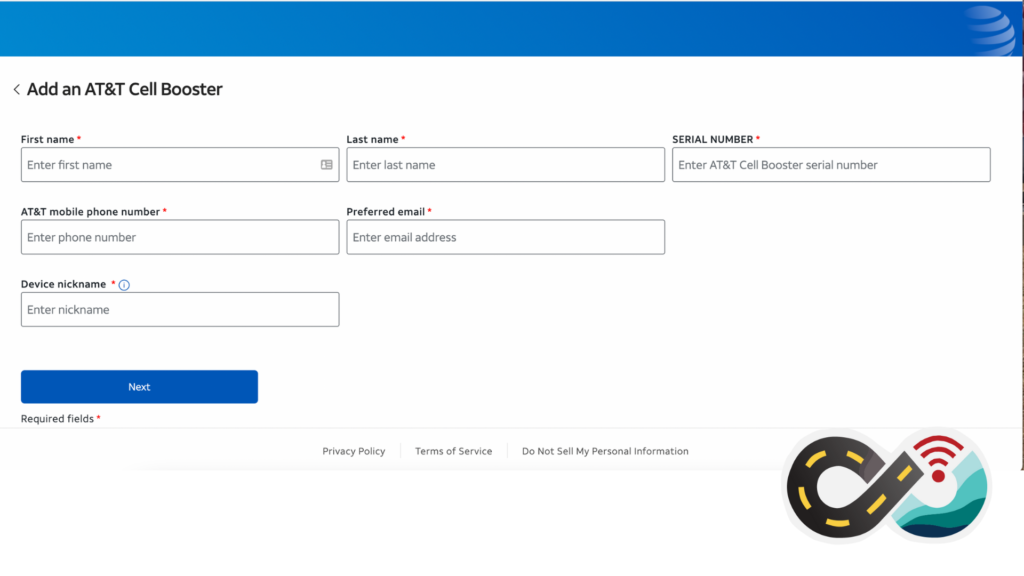
AT&T’s booster registration form requests the owner’s name, operator’s name (if different), contact phone number, booster make, model, and serial number, date of initial operation, and installed location.
Previously, the FAQ referenced use in RVs, but didn't specify what address to use. We recommend using your mailing address, wherever that may be.
AT&T's booster database appears to be static -"Updates require a new registration....There is no editing or removal of registrations".
A literal reading of the AT&T FAQ also states that pre-2014 boosters are no longer authorized:
“After March 1, 2014, only FCC certified or carrier approved signal boosters may be operated on the AT&T network."
AT&T's booster registration page: https://cellbooster.att.com/static/welcome
Verizon

Verizon has a registration process similar to the other carriers, with a nice FAQ and even an explicit, tentative (even many years later) approval for older booster models:
“Verizon also tentatively approves the use of consumer signal boosters currently in operation that do not meet the new network protection standards. This approval is provided only for the boosters not causing interference and will be revoked if the particular booster or booster model is found to cause interference issues. To help avoid possible interference issues, however, Verizon recommends that customers who need signal boosters replace existing boosters as soon as possible with consumer signal boosters that meet the new network protection standards.”
Unfortunately, the FAQ page reads as though it hasn't been updated in years, as it touts that new devices "will be available by the end of the 2013."
Previously, the FAQ page also gave instructions for how mobile boosters should be registered:
“For mobile boosters in a car, RV or boat use the address where the vehicle will be stored or parked like the home address or marina in the case of a boat."
Unlike AT&T, Verizon allows customers to view and update their information.
Verizon's booster registration page: https://www.verizonwireless.com/content/wcms/overlays/register-signal-booster.html
T-Mobile
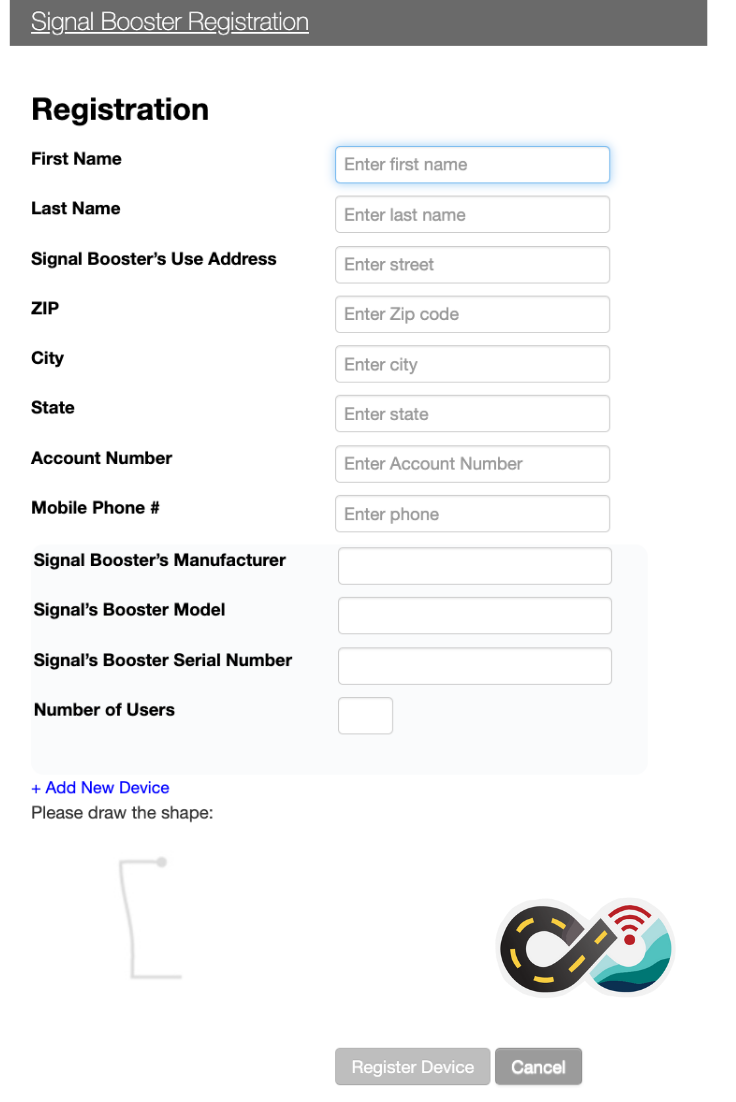
There is no information given on whether old boosters are approved (though very few were actually fully supported by T-Mobile anyway), but presumably, they are ok to register and use. What little support they provide can be found here: https://www.t-mobile.com/support/devices/device-troubleshooting/4g-lte-signal-booster-setup-and-help
On the booster information page T-Mobile indicates you should update your "signal booster location" when you move your device, using the same registration page.
Unique to T-Mobile is a request for the "number of users" that will be using a booster.
T-Mobile's booster registration page: https://www.t-mobile.com/signal-booster/registration
Dish Wireless / Project Genesis
As Dish Wireless' native network is 5G-only, the 4G booster registration process does not apply.
MVNOs, Resellers, and Prepaid for All Carriers
In all likelihood - you don't need to register your booster with an MVNO, reseller, or prepaid provider if you are using it with one of their plans.
With less and less focus on even the major carriers collecting booster registration information, their resellers and MVNOs are even less inclined to facilitate this process. If you're utilizing a reseller, you can see if they are registering boosters. But don't stress too much over it. Seriously. Don't stress about it - just use the booster.
Booster Registration FAQs:
Why register?
Initially, registering was demonstrating the demand and need for cellular boosters. So many boosters are on the market today that the need for registering is likely just not there anymore.
The primary purpose of the registration databases being built is to help with network troubleshooting issues. If a defective booster is wreaking havoc on the network, the registration info may help carriers track down and isolate the problem before it causes too much interference.
There really isn’t a downside to registering, other than just a little bit of hassle.
BTW, here is the official FCC justification:
“Registration is a key element in providers’ ability to control the devices that operate on their network. Registration is also one way for subscribers to obtain and demonstrate that they have provider consent. Further, registration will assist providers in locating problematic boosters in the event interference occurs and will facilitate consumer outreach. We find that the benefits associated with a provider-based registration system (e.g., provider control of devices, rapid interference resolution, ease of consumer outreach) outweigh the costs of such a system.”
What if I do not register?
You will not be fined or hauled off to jail. But you might be required to cease and desist if your booster is caught causing any network issues.
AT&T sure doesn't sound too threatening here: “The operator of an illegal signal booster could be required to stop operation of the device."
This general leniency only applies to “consumer boosters”. If you install a booster labeled for “industrial use” without having documented explicit permission from a carrier, you may be facing “penalties in excess of $100,000”.
And if you ignore a request from the FCC or any licensed carrier to stop using a booster that is causing interference… well, then you are just asking for trouble.
Here is what the FCC has to say:
“At this time, the FCC likely will not pursue enforcement against current or prospective signal booster users unless it involves an instance of unresolved interference. If a wireless licensee or the FCC asks you to turn off your signal booster because it is causing interference to a wireless network, however, you must turn off your booster and leave it off until the interference problem can be resolved."
Is this just a ploy to eventually outlaw boosters?
"If cellular boosters are outlawed, only outlaws will have good signal..."
Actually - the FCC rules point to a long and bright future for cellular boosters. Old booster designs could cause serious network interference issues, and they were already operating in a legal grey area by transmitting without authorization on airways that are licensed by the various cellular carriers.
The cellular carriers, FCC, and booster manufacturers came together to define new technical and operational standards to minimize interference so that boosters could continue to help users in fringe areas while avoiding causing issues everywhere else.
The 2014 FCC webmaster was clearly a fan of boosters - the title page for the original FCC consumer booster information page was: "Signal Boosters are the Greatest Thing Since Sliced Bread" (seriously!)
This page is now gone from the internet, presumably, the new FCC doesn't like sliced bread or care about boosters.
What is required to register?
All the registration forms we tracked down request some subset of the following information - owner’s name, operator’s name (if different), contact phone number, booster make, model, and serial number, date of initial operation, and installed location.
Some of the forms ask whether the booster will be “mobile” or installed at a “fixed location”, but many of them seem to not have considered mobile users - especially mobile users without a fixed location home base.
In those cases - the best thing to do is to use your mailing address.
What if I have multiple devices on multiple networks?
Most boosters are not carrier-specific. Most are nearly “universal” supporting boosting on most of the major carriers. So - who should you register with?
The guidance from the FCC says that you should register with every carrier where you will regularly be connected. You need to register once per booster per carrier - it does not matter how many devices you are connecting.
What about friends who use my booster? Guests?
The FCC has ruled that it is perfectly fine for friends and visitors on other carriers to take advantage of your booster without explicitly registering. But if you have a housemate who is making regular use of your booster, they should register with their carrier too.
Straight from the FCC:
“In some instances, a subscriber may be authorized to operate a Consumer Signal Booster to connect to his/her wireless provider and a third party may also wish to use the booster occasionally to connect to the third party’s wireless provider. Examples include a visitor in a home or guest in a vehicle. We view these occasional, incidental uses as de minimis and authorize them under the license of the third-party user’s serving provider.” ... “If a third party intends to use a Consumer Signal Booster on a regular, sustained basis, the third party must seek its provider’s consent to do so.”
What is the deal with the E911 warning?
The E911 system provides the location of your cell phone to 911 dispatch automatically when you make an emergency call. This system works in part by cell tower triangulation. With a booster thrown into the mix, it is possible for this triangulation process to get confused and to think that you are closer to the cell towers than you actually are. If you are on a booster and call 911, be sure to confirm that the dispatch operator has your actual location.
Can I change around antennas?
One of the other stipulations of the FCC rule is that consumer boosters can no longer be sold other than as part of a kit that includes all necessary wires and antennas. This is meant to ensure that whatever is installed matches what was submitted to the FCC for testing.
There is nothing that technically prevents an end-user from changing around antennas at a later date, and the rules do allow for booster antenna upgrade kits to be sold as well. But to stay compliant - all additional antennas should at least meet manufacturer specifications.
Here is the official FCC rule:
“Our antenna kitting rules require a manufacturer to sell Consumer Signal Boosters (fixed and mobile) together with all necessary antennas, cables, and/or coupling devices. This requirement is not intended to preclude equipment options, such as upgraded antennas or other equipment options, to be offered with the Consumer Signal Booster purchase or with an after purchase upgrade, but all equipment options and features must be tested to ensure the Network Protection Standard is met. This requirement ensures that consumers have the appropriate special accessories when they purchase a Consumer Signal Booster and that after purchase upgrades still comply with the necessary requirements. We do not require consumers to use Consumer Signal Boosters only with these manufacturer-provided special accessories to allow for future replacement due to damage, loss, upgrade, etc. Consumers must nonetheless use any Consumer Signal Booster with manufacturer-specified special accessories.”
If you choose to use an antenna that has not been officially tested with your booster, try at least to match the specifications of similar antennas that have been tested.
A Final Cellular Booster Registration Reminder
Always remember - if you ever get a knock asking you to shut down your booster because you are causing interference, do it.
And yes, your location can be triangulated if your booster is causing network interference. They will find you.
Even if you are using an FCC compliant booster with the stock-provided antennas, you are required to comply with any FCC or licensed operator requests to shut down if you are causing interference. It is the neighborly thing to do too - a technician would not have been sent out to triangulate your location without a good reason.
We've had a friend who has "gotten the knock" (with an old-style booster), and the FCC tech was actually incredibly friendly and even gave him advice on how to reconfigure his system to avoid interference.
And that just means... more signal for everyone!
Summary: Cellular Booster Registration is Helpful but Not Enforced
All new cellular boosters come with a mandated warning label saying you must register your device. However, all major carriers have since issued blanket consent for the new generation of boosters, so you don't actually need to receive formal permission.
Registration was initially to demonstrate demand, but also it helps with network troubleshooting. While you technically should register your booster, we've seen no active enforcement of this requirement. There is no real downside to registering, other than just minor hassle of a few minutes online.
If you don't register, you won't get in trouble, but you may be required to cease and desist if your booster causes any network issues.
More info: FCC Booster Website
Explore the Resource Center
Have Questions?
Join our 'Library Desk':
Internet for RVers & Cruisers Facebook Group
We cross post news articles and guides, and can help point you in the right direction to our content here on the resource center.
It is with gratitude to our premium members that we're able to offer our free content - and for that, they also have access to our member Q&A areas for more in-depth guidance.
Become a Member
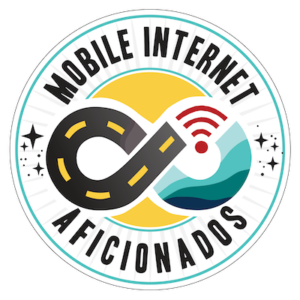 The MIA is our premium membership - designed for those who consider mobile internet an important part of their lifestyle.
The MIA is our premium membership - designed for those who consider mobile internet an important part of their lifestyle.
In thanks for making content like this possible, we offer a bunch of additional perks. From interactive guidance, in-depth member exclusive content, discounts, alerts, classroom and ability to book private advising sessions.
Stay In the Know
We're constantly tracking the industry and analyzing new developments for mobile travelers. If you'd like to receive updates, we offer several ways:
- Subscribe to our free monthly newsletter
- Subscribe to our News Stories RSS Feed
- Subscribe to our YouTube Channel
- Follow our Facebook Page
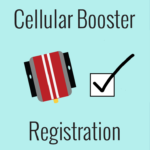
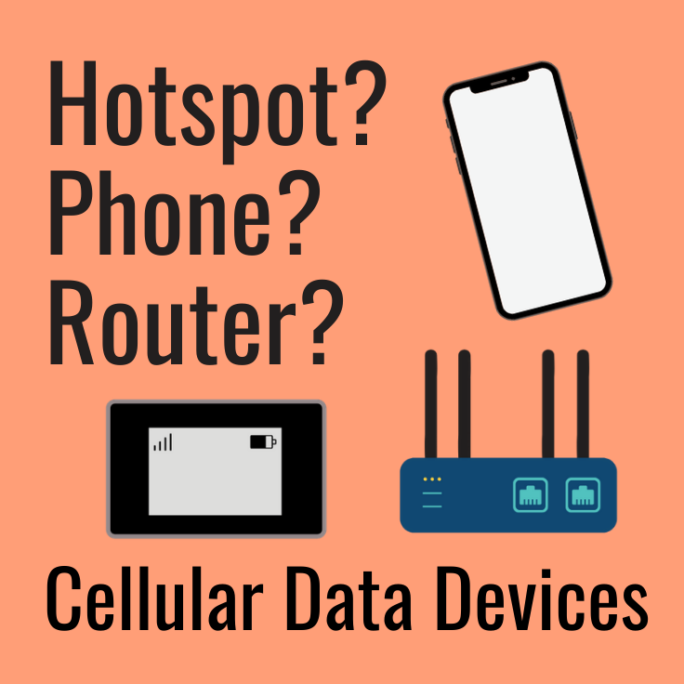
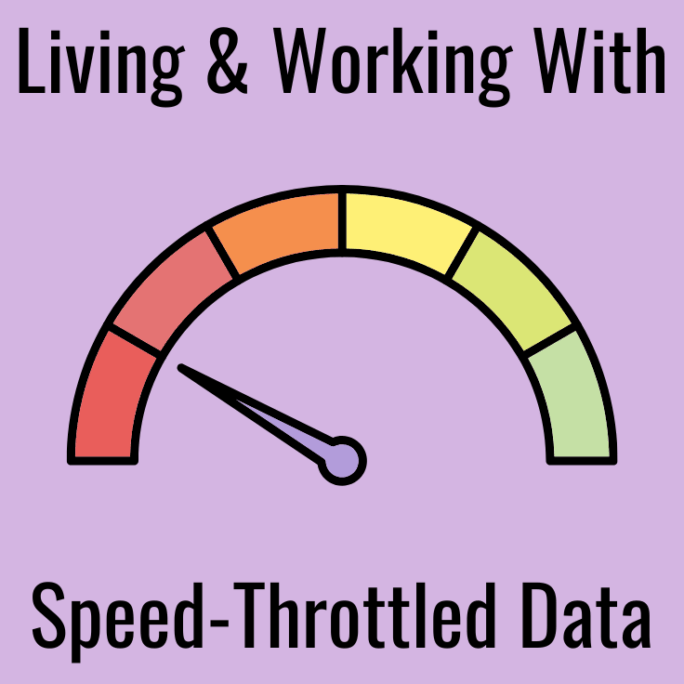
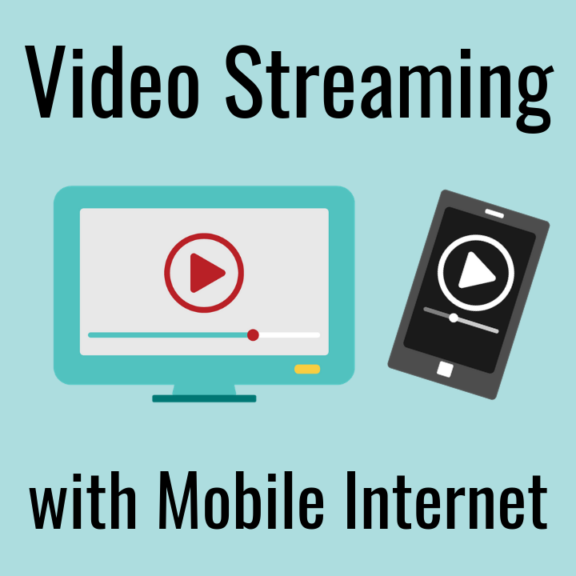
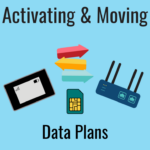
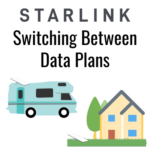
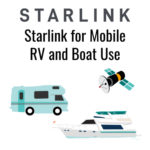
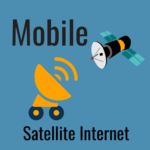
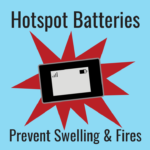
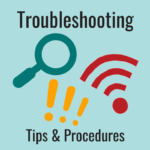
 Mobile Internet Resource Center (dba Two Steps Beyond LLC) is founded by Chris & Cherie of
Mobile Internet Resource Center (dba Two Steps Beyond LLC) is founded by Chris & Cherie of